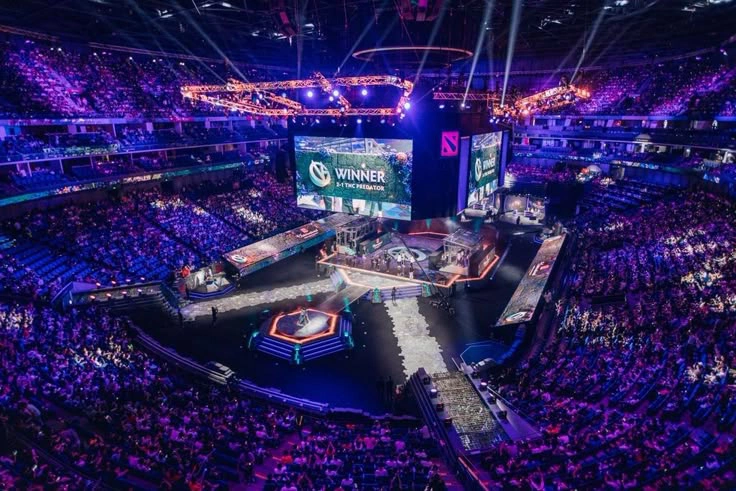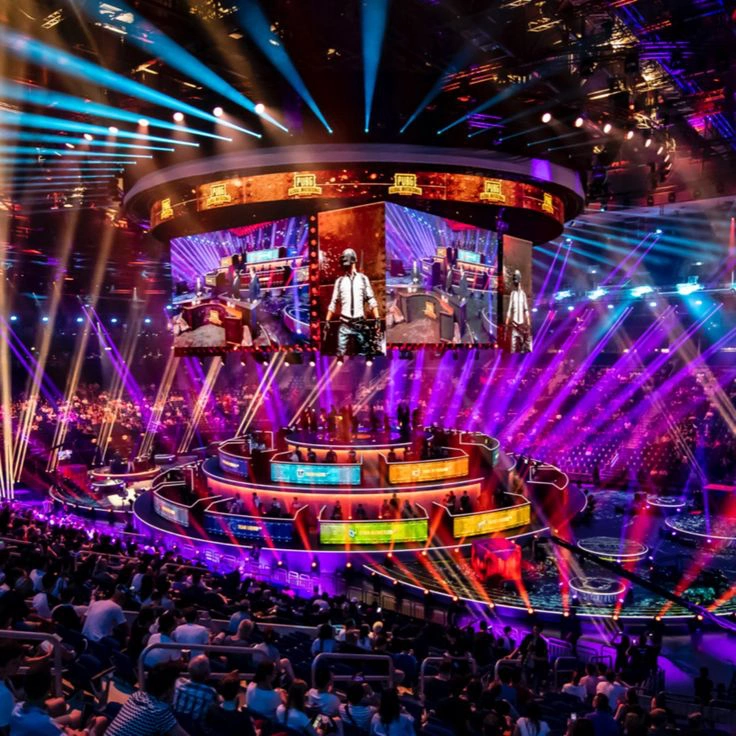Gamescom 2025: A Mirror of the Gaming Industry’s Present — and a Glimpse into Its Future
There’s something special about Gamescom. Maybe it’s the energy of Cologne in late August, maybe it’s the raw enthusiasm of developers and fans alike — or maybe it’s that this event, more than any other, captures the zeitgeist of the global gaming industry. Gamescom 2025 didn’t just present new titles or showcase shiny trailers. It did something deeper: it revealed what gaming is becoming, what it aspires to be, and how it reflects (and reshapes) the culture around us.
Let’s get one thing straight: the biggest reveals weren’t necessarily the flashiest. Yes, we got jaw-dropping footage of Elder Scrolls VI, a surprising new Mass Effect teaser, and confirmation that Hollow Knight: Silksong will, indeed, exist before the end of time. But the real story was not about singular games — it was about trends. And some of them are worth unpacking.
The Rise of Slow Gaming
It may sound ironic to talk about “slowness” in the context of an industry often driven by adrenaline and high-stakes competition, but Gamescom 2025 made it clear: the tide is shifting. Titles like Elsewhere, an atmospheric exploration sim set in a post-technological world, or Meadowlight, a cozy crafting RPG where time passes even when you’re not playing, suggest that players are seeking games that breathe. We’re craving space — emotionally, mentally — to disconnect from pressure and reconnect with experience.
This isn’t a fringe movement anymore. Major studios are taking note. Even Ubisoft’s upcoming Far Cry: Reclaimed featured vast stretches of non-combat gameplay and meditative mechanics. The idea? Games don’t need to constantly stimulate — they can soothe, too.
As someone who’s been part of this industry for years, I see this as more than a trend. It’s a sign of maturity — both from the developers and the audience. We’re no longer embarrassed to admit we want emotional depth, or moments of stillness. In 2025, “fun” isn’t just about dopamine spikes. It’s about meaning.

AI, Tools, and the Democratization of Creation
Another powerful undercurrent this year was the sheer explosion of creation tools. From Unreal Engine 6’s jaw-dropping real-time co-editing capabilities to indie platforms like Inkframe, which lets players create narrative games using natural language prompts — we’re entering a world where the barrier between “developer” and “player” is thinner than ever.
The conversation around AI was nuanced. Some fear the loss of jobs or artistic identity, and rightly so. But others — especially small teams — see generative tools as a way to finally realize their vision. At a panel I attended, a solo dev showed how she used an AI assistant to animate an entire side quest in under a week — something that would’ve taken her three months alone.
Of course, ethical questions remain. Who owns AI-generated content? What happens to human labor in an automated pipeline? These aren’t questions with easy answers, but Gamescom at least demonstrated a willingness to face them head-on — rather than pretend they don’t exist.
Nostalgia as Design Philosophy
It’s impossible to talk about Gamescom 2025 without mentioning the aesthetic return to the late 2000s and early 2010s. Whether it’s the revival of pixel art in Signal Rush Redux or the Y2K cyber-dreamscape of Neon Dreamline, one thing’s clear: the past is a resource, not a crutch.
But here’s the twist — nostalgia is no longer just visual. It’s mechanical. Developers are bringing back things we didn’t know we missed: local co-op, pause buttons, offline modes. The message seems to be: maybe not everything old was broken.
I don’t think this is about rejecting innovation. It’s about reconnecting — to a time when games felt more personal, less optimized for metrics. It’s a form of cultural self-reflection, wrapped in retro shader filters and lo-fi soundtracks.
The Absence That Spoke Volumes
And then, there were the absences. Some major studios — including Rockstar and Blizzard — skipped Gamescom this year. Some cited “internal strategy”; others, “creative realignment.” But their silence left a vacuum that smaller, more agile voices eagerly filled.
This created one of the most exciting aspects of Gamescom 2025: the unexpected. A tiny Brazilian team debuted Dustroot, a haunting eco-horror survival game set in the Amazon, and won Best Narrative Game. A Sudanese developer gave a talk about designing games for offline, unstable electricity environments — and got a standing ovation.
It reminded me that the future of gaming doesn’t only belong to the giants. It belongs to whoever shows up with something honest, raw, and worth telling.
Games as Mirrors, Not Escapes
At the end of the day, I think what impressed me most was how self-aware the industry has become. There was a quiet thread running through the convention — that games aren’t just entertainment. They’re how we process the world. From climate anxiety (Everdry) to AI ethics (We, The Created), developers are no longer afraid to touch big, scary topics. Not with lectures, but with systems, metaphors, stories.

We often say that Gamescom is about “what’s next.” But sometimes, it’s also about what’s now. The questions we’re asking. The stories we’re choosing to tell. The ways we’re challenging the very medium we love.
Gamescom 2025 wasn’t perfect. There were still awkward PR moments, underwhelming demos, and industry clichés. But it felt alive. Restless. Curious. And that, to me, is exactly what gaming should be.
Close